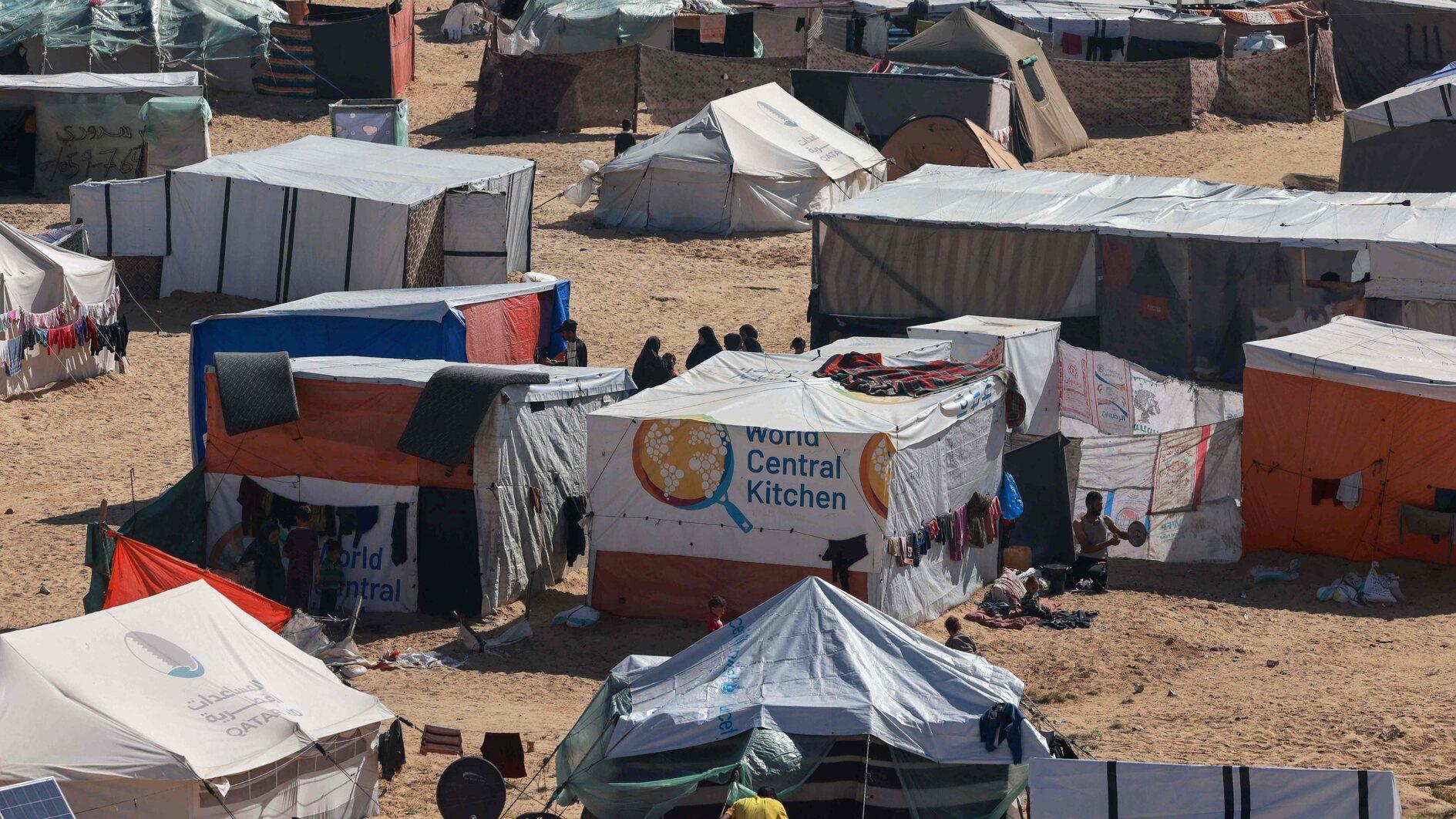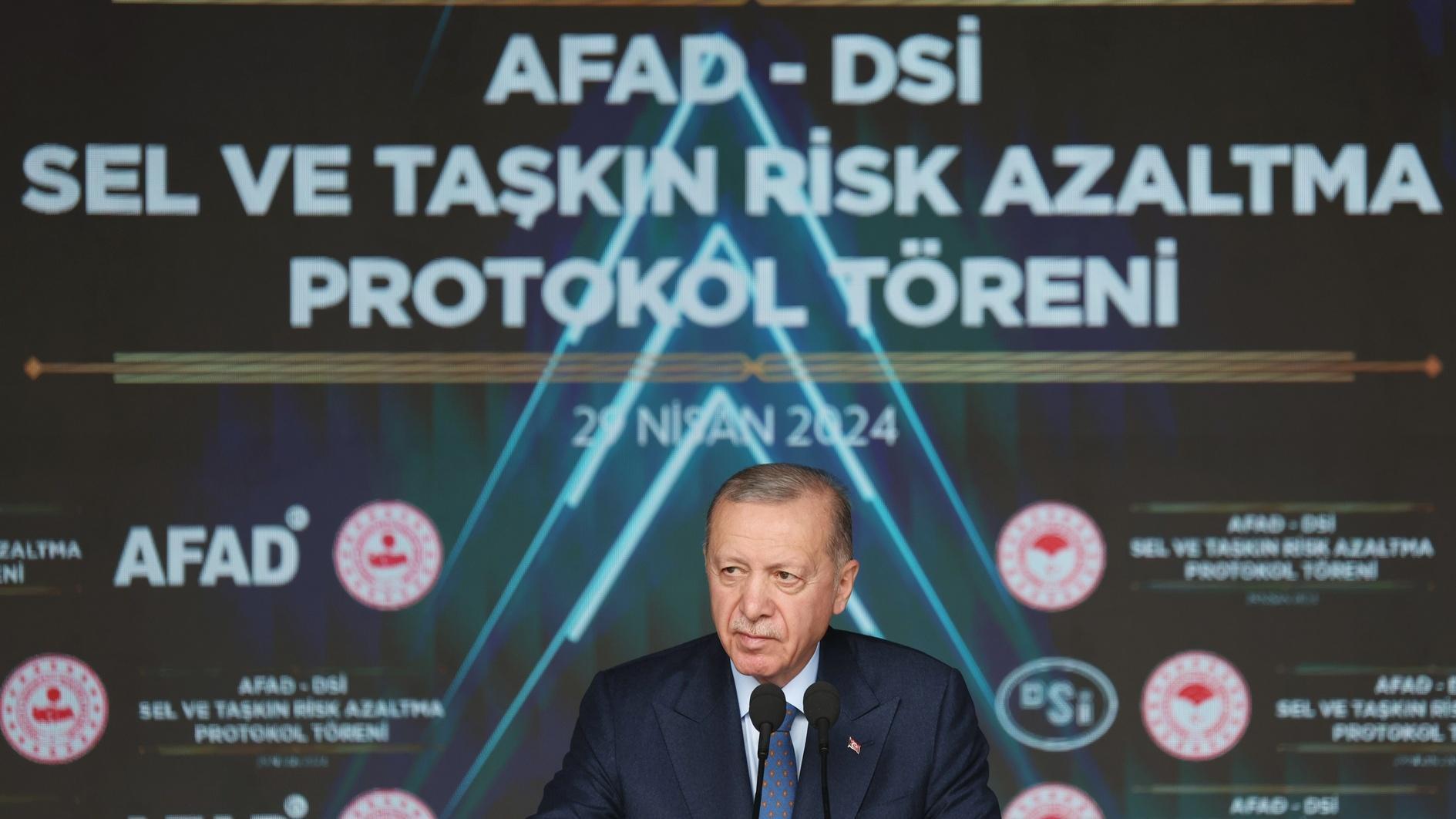Kurdish issue, special courts and new charter
With weeks left before the Parliament goes to recess, there appears to be two or three top issues that will continue to dominate internal politics. The first one is the Kurdish question, special-authority courts and possibly the third is the new constitution.
As a result of the Republican People’s Party’s (CHP) initiative to establish a Societal Conciliation Commission under the roof of the Parliament for the solution of the Kurdish question, the government seems to feel relieved especially regarding the Uludere scandal that claimed the lives of 34 civilians mistaken for terrorists last year.
Though planned well before the CHP’s initiative, the introduction of Kurdish as an elective course in public schools should be read within the same picture. Prime Minister Recep Tayyip Erdoğan feels that he now has an upper hand both against his political rivals and against the outlawed Kurdistan Workers’ Party (PKK).
With the Nationalist Movement Party (MHP) and Peace and Democracy Party (BDP) not really willing to take part in this campaign, Erdoğan called on CHP’s Kemal Kılıçdaroğlu to hit the road with him together. No need to predict; if Kılıçdaroğlu objects to Erdoğan proposal, the prime minister will use this in its strongest terms against his main political rival. MHP’s and BDP’s refusal will also count to Erdoğan’s advantage.
The social democrats will continue to try to communicate with the MHP, but there seems almost no chance in getting a positive response.
While Erdoğan is playing this chess game against his political rival, he is at the same time carrying out another struggle with the strong Fethullah Gülen community. This is about the special-authority courts that were founded by this ruling party in 2005.
They played, and are still playing, an important role in the government’s fight against coup plotters, terror-related crimes such as Ergenekon and Balyoz cases and in the probe against the Kurdistan Communities Union (KCK).
Erdoğan admitted yesterday that these courts were useful in the past, but that now there was a need to fix their mishandlings through amending laws. He also said there was no need to get disturbed by that fact, but also signaled the amendments could be pushed back to later this year.
However, the Gülen community is not buying the argument that amendments won’t affect ongoing cases, urging that such moves made as reactions will not work for the advantage of the country.
Erdoğan seems determinant in not returning from his word, which would eventually break the alliance between the two from the very early days of the AKP government.
The third issue, the constitution-making process, however, seems to contine on its track. There is a great effort exerted by Parliament Speaker Cemil Çiçek to keep the commission members unaffected by ongoing political disputes and the works of the commission intact.
As stated by the president, the manner in politics is perhaps more important than the substance. Politicians should think twice before making a statement and be aware that missing this opportunity will cost much more than they would presume.











